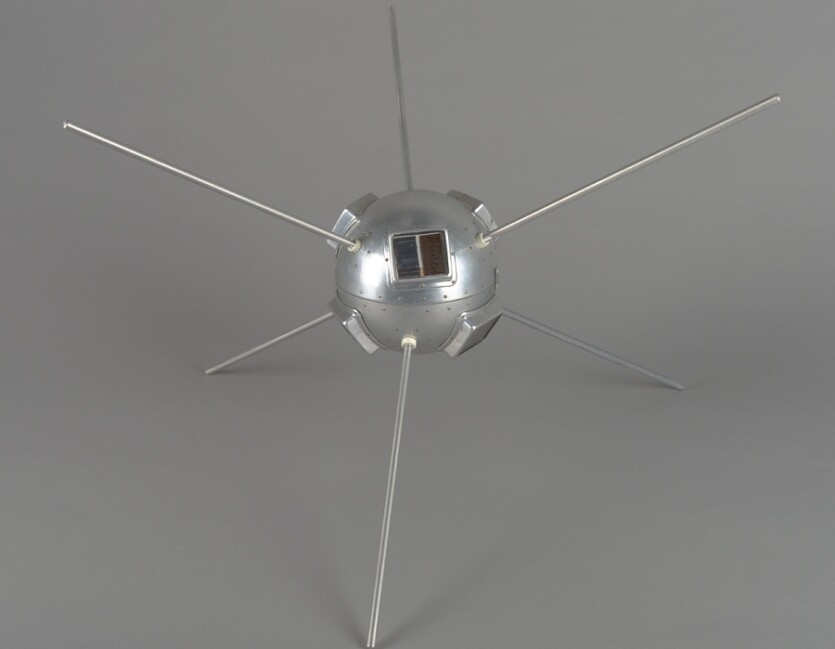
A team of scientists is developing plans to return to Earth the American Vanguard-1 satellite, which spent 67 years in space.
Vanguard-1, which is the size of a grapefruit, was launched in March 1958 and placed into a high elliptical orbit. It was the second satellite the United States launched into space to test launch capabilities of the three-stage launch vehicle, as well as the impact of space conditions on the satellite itself.
Vanguard 1 is currently the oldest surviving satellite that continues to orbit the Earth. A team of researchers and engineers from Virginia-based Booz Allen Hamilton has developed a proposal to bring this spacecraft to the Earth.
Vanguard-1 is to be returned to Earth to investigate the condition of its equipment over the past 67 years in space. This satellite stopped communicating in 1964. However, tracking data continues to show its location and orbit. It was able to survive for so long because it was placed in an elliptical orbit, unlike the soviet satellites and the US Explorer-1 satellite, which failed and partially burned up in the Earth’s atmosphere within months or years of launch and orbit in low Earth orbit.
According to researchers from Booz Allen Hamilton, Vanguard-1 can be moved to a higher low orbit and intercepted or delivered to the ISS. Scientists also take into account that the satellite’s advanced age will force astronauts to handle it very carefully. The authors of the idea suggest that before attempting to return the satellite, another one should be sent to it space probe to inspect its condition up close.
The engineers hope that their proposal may interest leading investors in the space industry, or attract SpaceX spacecraft to return the satellite to Earth. If Vanguard-1 is returned, experts will study the satellite for damage from other space debris, its integrity, and the impact of its long stay in space. The satellite can then be placed in the Smithsonian to serve as a kind of time capsule, a reminder of the beginning of the space age.
Satellite eater: spacecraft «will feed on» processing of orbital debris for fuel
The results of the study have been published Aerospace Research Center

Spelling error report
The following text will be sent to our editors: